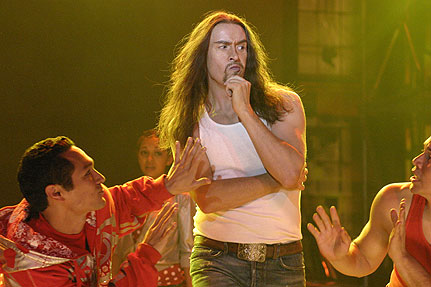- :
- Unknown
- needed to precede following dl
- Review Format:
- DVD
- :
- Predominant Genre:
- Western
- Directors:
Directors Gore Verbinski - :
Outstanding Performances Johnny DEPP 
- Premiss:
- Serio‑comic re‑telling of how a White man turned into a legend of justice as two unlikely heroes learn to work together in their fight against greed and corruption.
- Themes:
- Aggression | Compassion | Courage | Destiny | Emotional repression | Empathy | Genocide | Globalisation | Identity | Loneliness | Materialism | Narcissism | Parasitism | People Of Color (POC) | Personal | Political | Political Correctness | Positive Discrimination | Propaganda | Sadomasochism | Schizophrenia | Sexual Repression | Solipsism | Stereotyping | Terrorism | Totalitarianism | The West | White culture | White guilt | White people | White privilege | White supremacy
- :



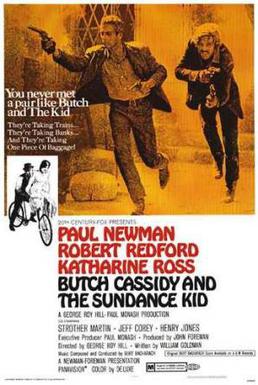
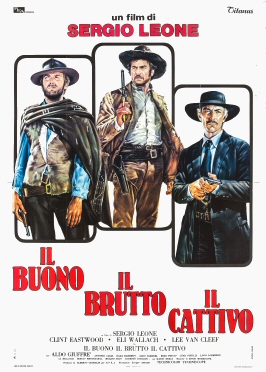
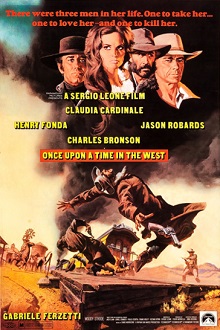
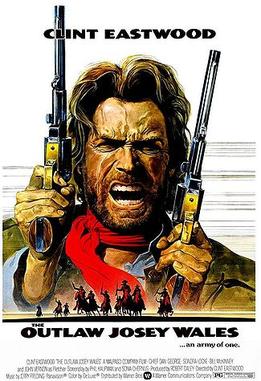

Although riddled with the ignoble White savagery caused by endemic White guilt, this manages to both subvert White propaganda in presenting the Hollywood heroes of yesteryear (palefaces) as the villains of today; while managing to be a rollicking‑good, wildly‑improbable & amusing adventure yarn.
One is left, however, with the realization that the racist capitalism that created the United States is exactly the same as that which financed the making of this movie: Institutional racism trying to have its cake and eat it – with entertaining results. A sort‑of revisionist Western filled with references to earlier revisionist Westerns like those of Sam Peckinpah, Sergio Leone and Arthur Penn, this is mighty fun that tries its best not to disappear up its own rear‑end as it skewers its own pretension. After all, how many Whites would actually become outlaws against a White supremacy that financially‑benefits them? Not many – and they would certainly never wear a mask to do so.
Johnny DEPP, in particular, has fun mocking the lebensraum‑tendencies and innate narcissism of White people as they struggle with the opposing desires for both civilization and revenge. Inevitably, Whites end‑up preaching a non‑existent genetic superiority which they cannot possibly practice ‑ to the genocidal‑detriment of anyone who happens to be in the way of their self‑styled Manifest Destiny.
Not a history Whites could ever be proud of; hence, the revisionism. The only failing of this film is its lack of anything more substantive to replace the White history it so successfully and so accurately demystifies. In this regard, the movie realistically depicts the relationship between big business and politics in White culture as being symbiotically‑inclined to overrule the democratic principles which Whites espouse, but never really believe in nor practice; making such a political system a mere façade for rampant wendigo‑causing greed and the unending self‑willed anger caused by such schizophrenic public posturing.
All of the performances are excellent, from actors who possess a keen understanding of the kind of film that they are acting in and exactly what is required of them to make the entire morally‑fragile enterprise stay on the same rails as the first transcontinental railroad being depicted.










